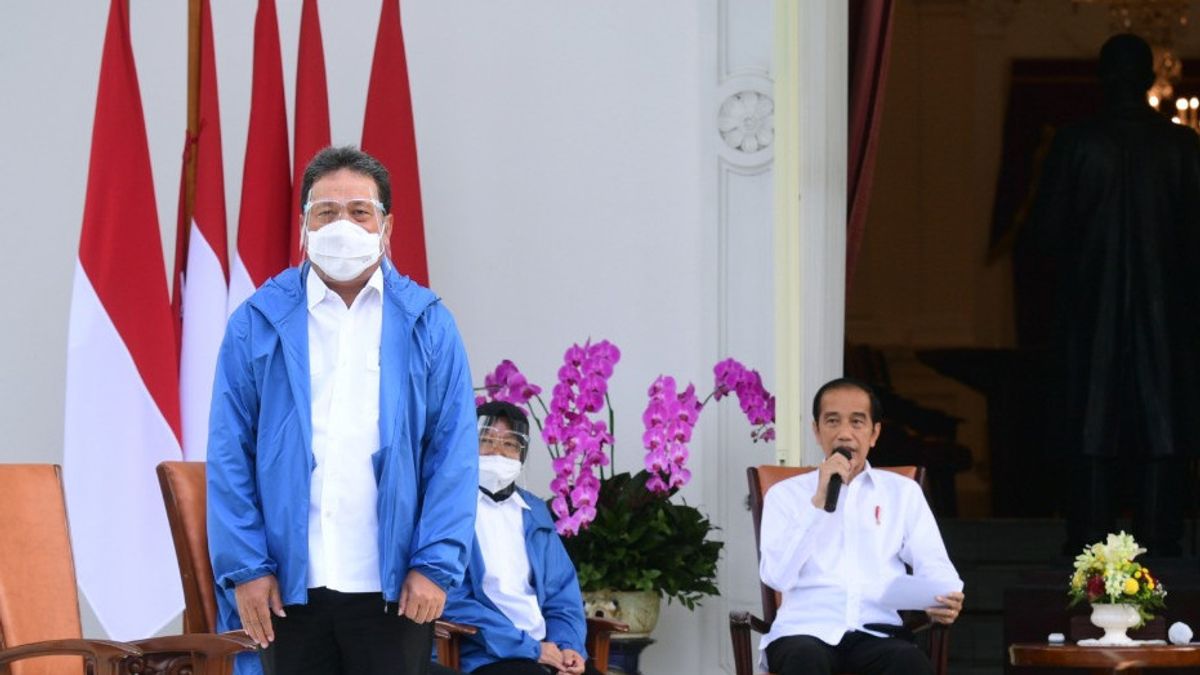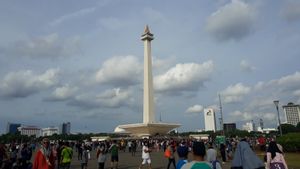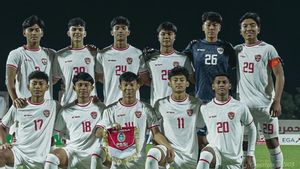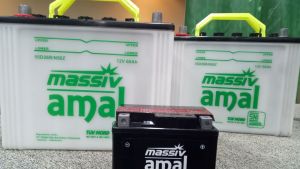JAKARTA - The Minister of Maritime Affairs and Fisheries Sakti Wahyu Trenggono will regulate illegal fishing practices by domestic fishermen so that Indonesia's fish resources are sustainable in the future.
"It is unregistered fishing or local overfishing that we have to manage right now," said Trenggono to the media at a press conference in Jakarta, Tuesday, March 29.
Minister Trenggono explained that illegal fishing carried out by foreign vessels or fishing vessels from neighboring countries is decreasing every year. He gave an example that in March last year there had been arrests of up to hundreds of foreign vessels, while for 2022 only six foreign vessels were arrested.
"Four from Malaysia, two from the Philippines. So I think it has decreased," said Trenggono as quoted by Antara.
He explained that currently KKP is focusing on managing fishing practices by domestic fishing vessels so that overfishing does not occur. One of the overfishing practices that must be addressed is the timing of fishing.
"Actually, ideally in developed countries in Europe, where there is a schedule for taking fish, when to take it, what size and type of fish can be taken," said Trenggono.
He stressed that small fish such as baby tuna should not be caught and should be released back into the sea so that fish resources are sustainable.
"For example, baby tuna should not be taken, small fish should not be taken. We will apply this, for whom, for the next generation," said Trenggono.
The Ministry of Maritime Affairs and Fisheries (KKP) will implement a quota-based measurable fishing policy in the context of better capture fisheries management by balancing the economy and ecology. Measured fishing is carried out in six zones in 11 Fisheries Management Areas of the Republic of Indonesia (WPPNRI).
Every ship that wants to catch fish in Indonesian waters must be registered and allowed to take fish resources according to a predetermined contract. Every fish caught is subject to PNBP, except for the quota for fishing by traditional fishermen which is not subject to PNBP at all.
The government also opens international fishing vessels to be able to invest by catching fish in Indonesian waters with quotas and conditions that have been set.
The English, Chinese, Japanese, Arabic, and French versions are automatically generated by the AI. So there may still be inaccuracies in translating, please always see Indonesian as our main language. (system supported by DigitalSiber.id)













